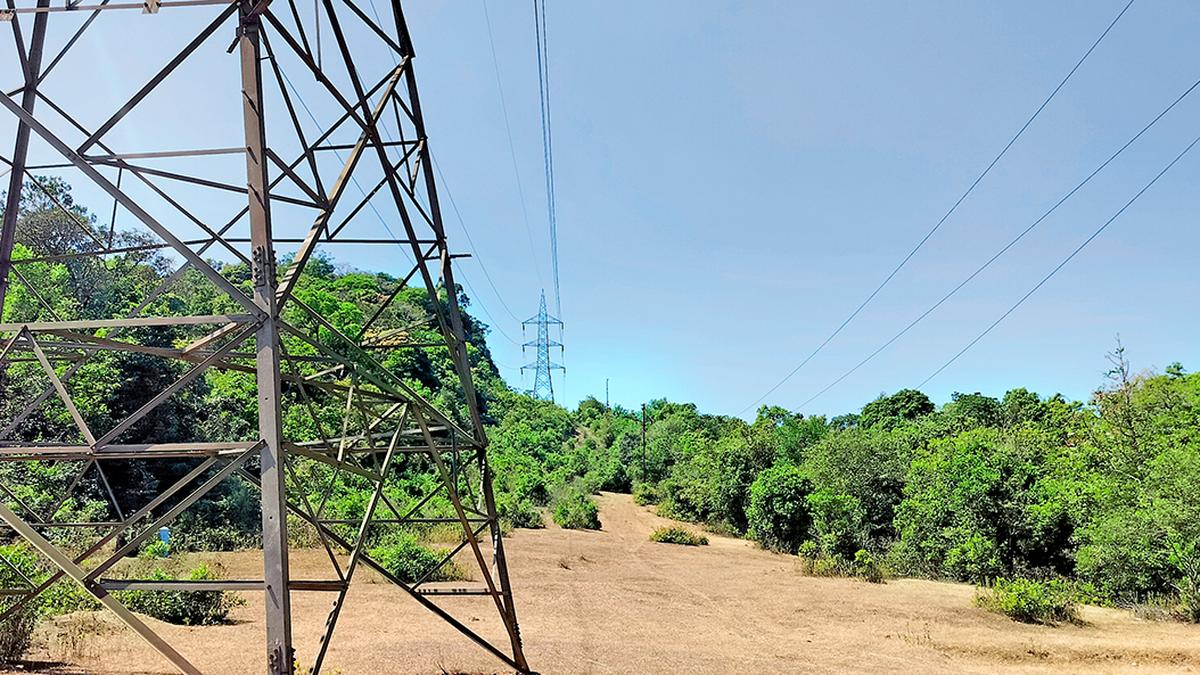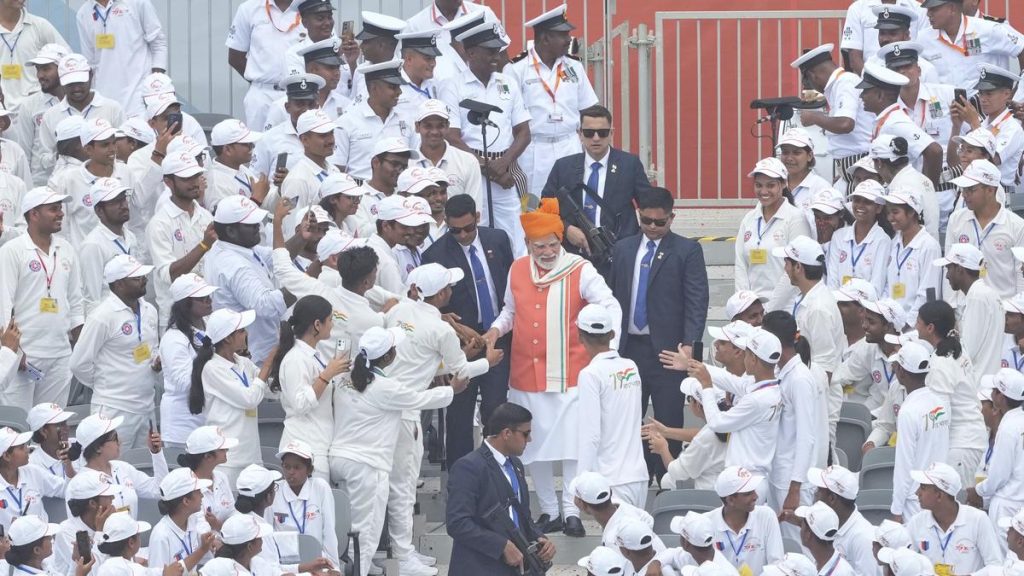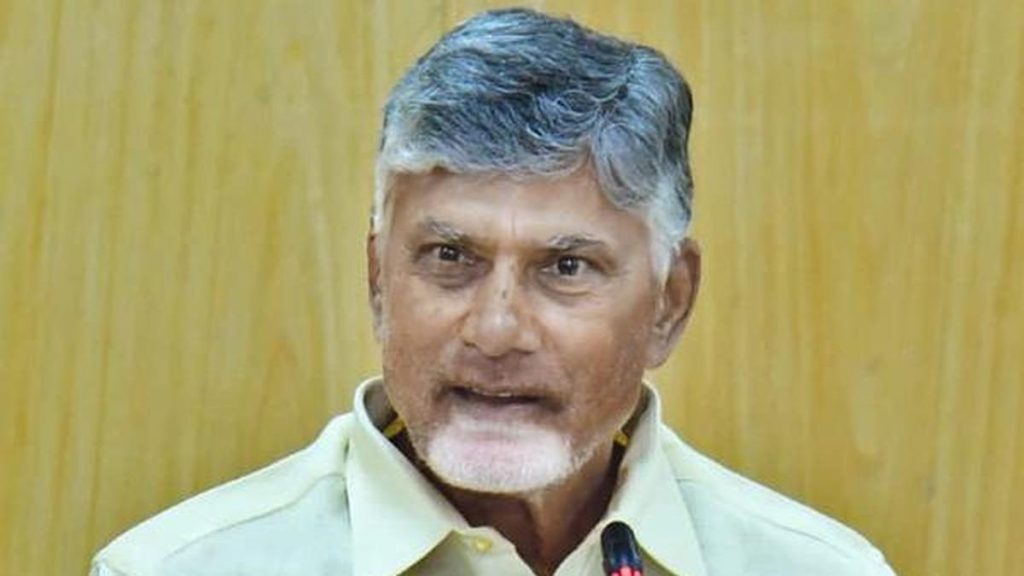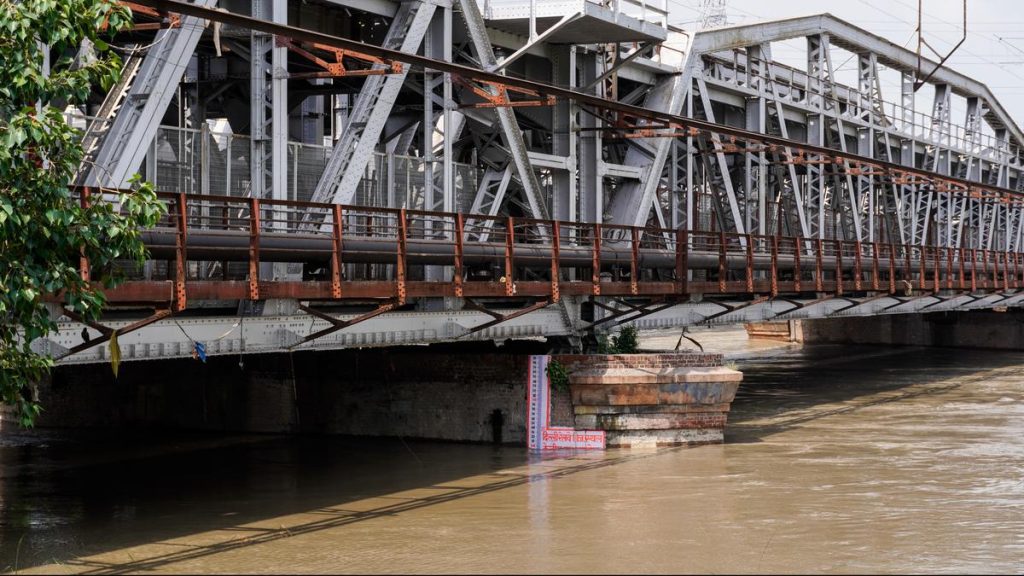Now Reading: Forest Panel Defers Sharavathi PSP Proposal, Seeks Clarity on Tree Felling
-
01
Forest Panel Defers Sharavathi PSP Proposal, Seeks Clarity on Tree Felling
Forest Panel Defers Sharavathi PSP Proposal, Seeks Clarity on Tree Felling

Rapid Summary
- The forest advisory committee of the Ministry of Habitat, Forest and Climate Change has deferred karnataka Power Corporation Limited’s (KPCL) proposal for the Sharavati Pumped Storage Project, which aims too generate 2,000 MW of power in the Sharavati Valley.
- KPCL sought approval to divert 54.155 hectares of forest land for the project, estimated at ₹10,240 crore.
- Concerns were raised over tree felling in restricted areas. The plan includes cutting down 518 trees for a surge tank; alternatives like underground structures were recommended. An estimated 12,000 trees could also be saved if modifications to road construction plans are made.
- Wildlife concerns have been highlighted by NBW recommendations, especially regarding protection efforts for species like lion-tailed macaques within the sanctuary.
- The Regional MOEF Office had earlier rejected the project proposal citing ecological concerns and listed 15 reasons in its Site Inspection Report (SIR).
- Environmental organizations based in Malnad are strongly opposing this initiative and plan to intensify protests against it with campaigns to raise awareness about potential environmental impacts.
Indian Opinion Analysis
The deferment of KPCL’s Sharavati Pumped Storage Project highlights an essential deliberation between development needs and ecological preservation. Generating renewable energy is critical for India’s sustainable future; however, this ambition must weigh heavily against irreversible losses caused by deforestation and biodiversity threats.The reported concerns from regional MOEF offices about damage to Western Ghats-a designated UNESCO World Heritage site-underscore long-term risks that cannot be ignored lightly.Recommendations such as using underground constructions reflect attempts toward balance but may add technical complexities or costs.
The intensified opposition from local environmentalists signals growing public sentiment against environmentally invasive projects despite their merits in energy resilience. Karnataka authorities face navigating delicate trade-offs: promoting infrastructure vital for power generation while safeguarding ecologically sensitive hotspots foundational to India’s natural heritage.
For more read here.
























